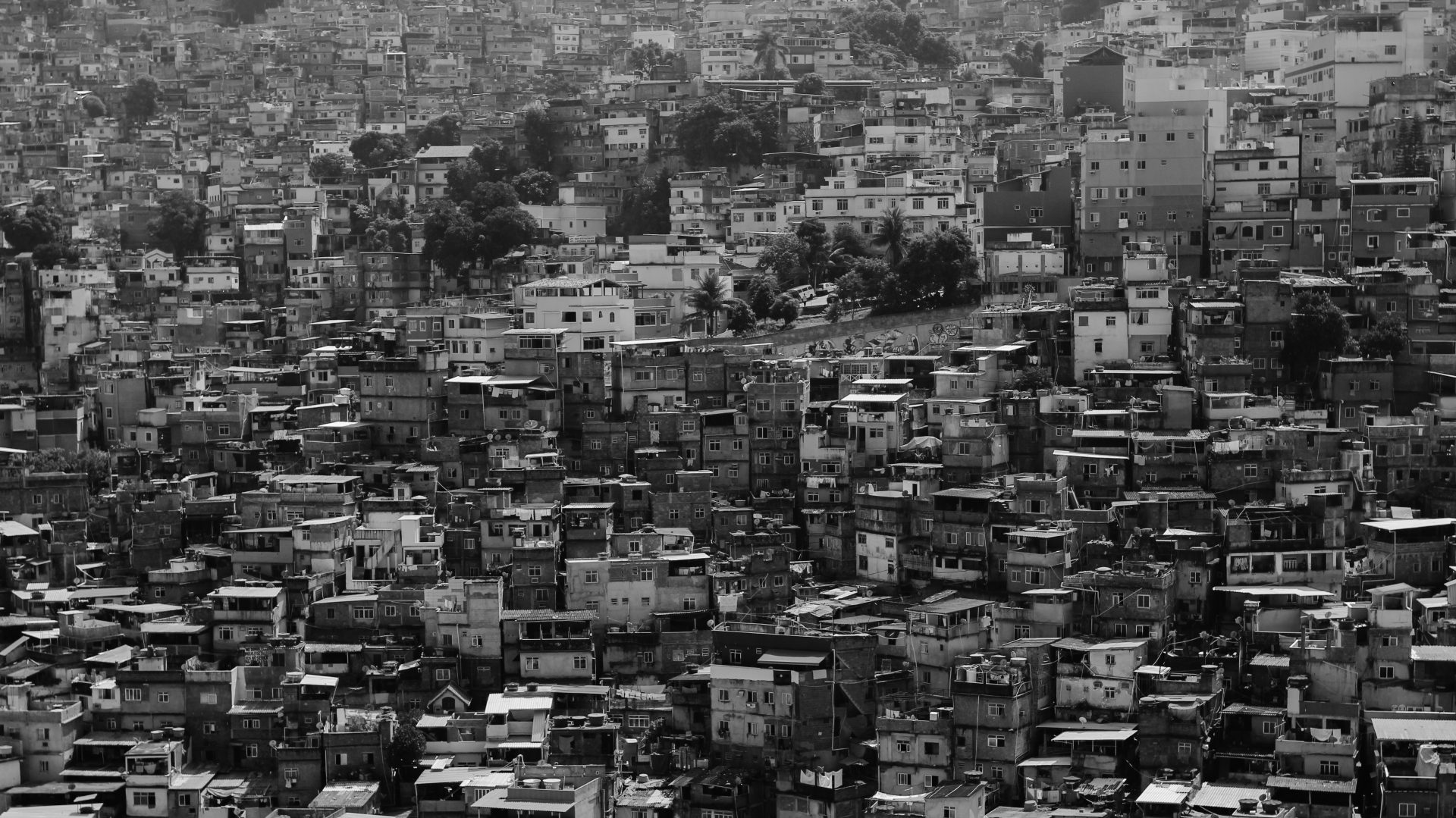Urbanization: is politics of space replacing politics of class?
It is a pleasure and an honour on behalf of Habitat Norway to welcome you all to this first of todays two Habitat Day events 2018. This meeting – marking our Association’s 30ieth anniversary – is part of UN Habitat’s global Urban October campaign. It is being organized in seven Norwegian cities and takes place in the very same building where Habitat Norway was founded 30 years ago.
I would like to welcome todays speakers: Leilani Fahra, UN Special Rapporteur on the Right to Housing; Clare Short, presently chair of Cities Alliance, former UK Minister of International Development; Megan Chapman, co-director of the Justice and Empowerment Initiative, Lagos, Nigeria; Jack Makau, activist and leader of Muungano Wanawijii/ Slum Dwellers International, Kibera, Nairobi. And last, but definitely not least, Santi Mas de Xaxas Faus, from La PAH, Barcelona, Spain, which translates as the Platform for People affected by Mortgages.
We are also very pleased to welcome Marit Brandtzæg, Assistant Director General of the Norwegian Agency for Development Cooperation (NORAD), a Director that is more open and receptive to new development trends than most Directors I have met. It is also good to have among us our almost permanent Habitat day chair, Mr. Helge Onsrud, former Director, International Services of the Mapping Authority of Norway.
New social formations evolving We have since the 2008 Global finance crises – which started as a housing crises – seen a strong global trend evolving: the city is being reconfigured. The politics of space is replacing the traditional politics of class. In this context, however, we see new social formations evolving of which the so called precariat is the most outstanding.
With the precariat as part of the gig and the uber economies, an informal economy is evolving also in advanced post -industrial societies. The precariat is always hunting for income. Their existence is always precarious. They have short term contracts or they are substitutes on call, freelancers or job seeking immigrants without rights. Women are particularly hit.
The Right to the City – alternative to the market approach Unaffordable property prices and housing rents are making lives worse for the majority of people – also in Norway. But as this spatial injustice sweeps our cities, there is growing support for an alternative approach, based on the idea of the “Right to the City”. A concept first coined by the French philosopher Henri Lefebre in the late 1960ies. This approach implies a way out of the housing crises, bringing down prices and strengthening communities. It is a profoundly inclusive vision providing as its great strength a framework for alternatives to the extreme emphasis on market conditions. It is based on widespread democratic participation and the reinvigoration of a culture of local politics that includes rather than excludes people and communities. A challenge increasingly relevant also in Norwegian cities and towns.
Strong need for a “Shift” New initiatives are strongly needed to reclaim and realize the fundamental human right to housing. The “Shift”, launched by Special Rapporteur Fahra as a worldwide movement in 2016, is such an initiative. We very much look forward to listen to your perspectives on how we through the “Shift” could develop and grow a global community of people by linking up through partnerships – the very mantra of the New Urban Agenda – with all relevant stakeholders interested in the right to housing and the city for all. A partnership where also the City of Oslo should join.
In this perspective, it is important to learn from people and their movements who stand in the midst of the struggle against forced and market evictions. In for instance Lagos, Nairobi and Barcelona. We need to learn about your non – confrontational approaches and methods in organizing and mobilizing networks in the fight for the Right to the city, building planning competency and finding new solutions in relation to the challenges you face. We in Norway face some of the same challenges. To plan our future cities is increasingly to recognize and listen to the informal.
We need to reject forced evictions – the ugliest manifestation of neo –liberalism. Reflecting an all you can eat mentality – privatizing gains and socializing losses in the name of devel -opment. They take place everywhere – also in the country-side.“Landgrabbing” is another concept for the same practice.
In order to stop and confront evictions we need to know where they are being planned, where they take place and how we could support the victims and secure their compensation. We need to build on human right declarations and conventions, progressive international, national and local laws and regulations. We need new global warning systems as for the tsunamis.
Necessary to monitor evictions – globally And it is necessary to reinvent and develop the mechanisms that were abolished 6-7 years ago. I am thinking particularly of the Action Group on Forced evictions (AGFE) and the Centre of Housing Rights and Evictions (COHRE), where the Norwegian Government actively took part – also with financial support. Forced evictions are a daily threat to the poorest of the poor – they are their daily tsunami.
We all look forward to listen to your contributions and your guidance also from the plenary. Your knowledge, your analysis, your approaches and ideas will be important for Habitat Norway’s work and its relevancy as an advocacy organisation – locally, nationally and globally – in the coming 30 years towards 2050.
So with these few words I welcome you again to Habitat Day and Urban October 2018. A special vote of thanks to our sponsors and the Board members of Habitat Norway for having made this event a reality.


